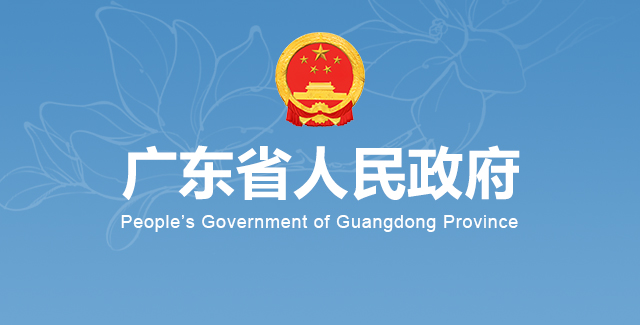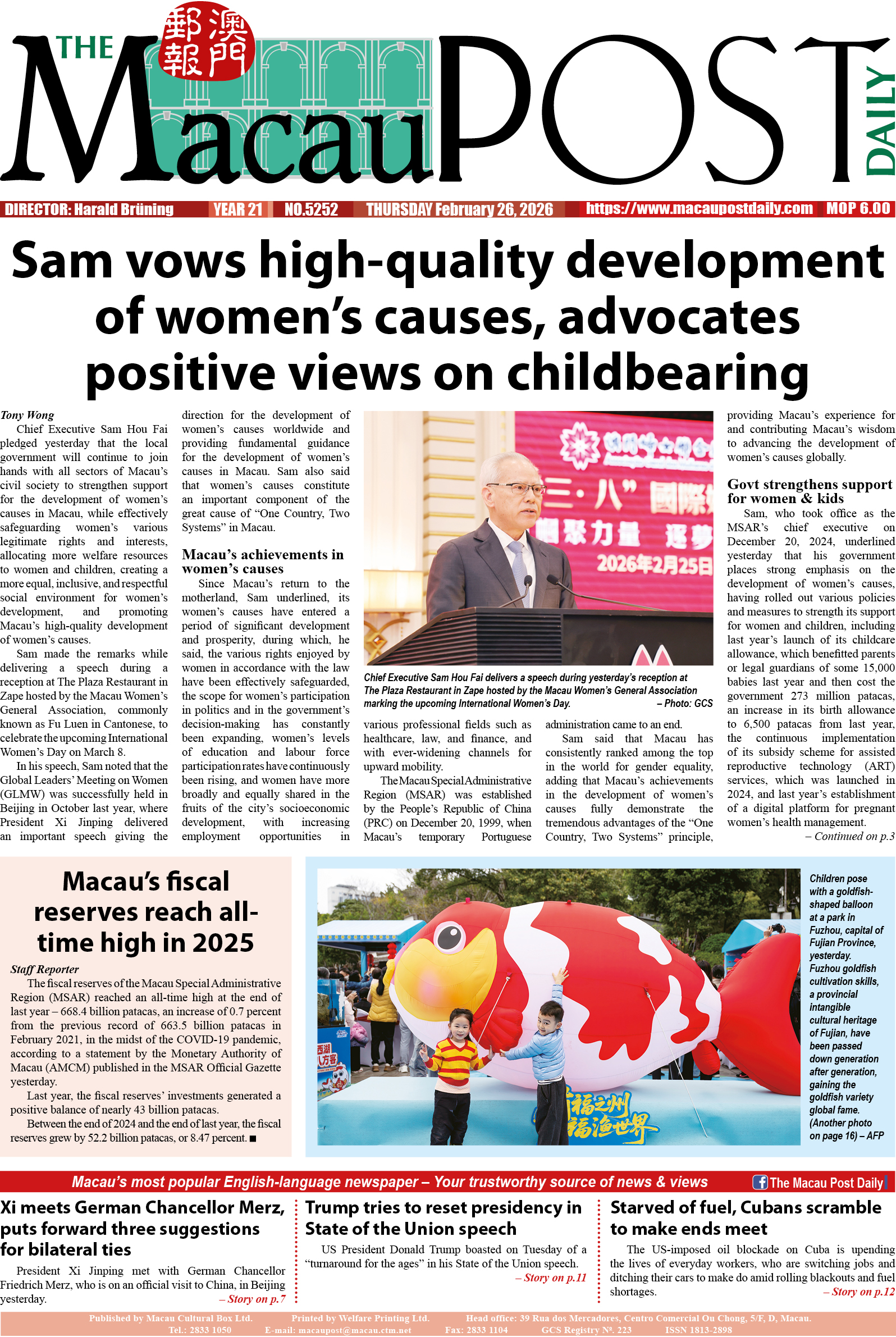As last week’s 24th China-EU Summit seems to have made headway in getting the two sides’ comprehensive strategic partnership back on track, I am cautiously upbeat about the future development of one of the world’s most important political and economic relationships.
However, I am also more convinced than ever that, ultimately, Brussels needs to “de-ideologise” its relationship with Beijing by, for instance, throwing its emphasis on “de-risking” and “systemic rivalry” rhetoric over board and returning to pragmatic realism, i.e., dealing with China-EU matters in a sensible, practical and, last but not least, mutually beneficial manner.
Brussels should finally accept the fait accompli that China’s political system is different to the one in the EU and that it would be foolhardy trying to foist the West’s “values” on China, the world’s oldest extant body politic.
What matters most is, first of all, that the relationship between the two economic and trade giants benefits their 1.86 billion inhabitants, or 22 percent of the world’s population. Besides, pragmatic China-EU ties are also advantageous to our troubled planet’s future development as a whole.
I hope that European Commission President Ursula von der Leyen and European Council President Charles Michel, who both met with President Xi Jinping and Premier Li Qiang for talks in Beijing on Thursday, will periodically subject themselves to a reality check as far as China-EU relations are concerned.
Von der Leyen’s term expires next year, but she still hasn’t revealed whether she will put herself forward for a second five-year term after the European Parliament (EP) election next June or, as some analysts believe, is angling for the post of secretary-general of NATO instead. Michel’s second and final 2 ½ term ends next November. It remains to be seen what the possible (von der Leyen) and certain (Michel) exit from the top of the EU will mean for the future path of China-US ties.
Addressing the media in Beijing after Thursday’s separate meetings with Xi and Li, von der Leyen and Michel described the talks with China’s top leaders as “in-depth” and “constructive”. While von der Leyen, a former German defence minister, talked about a “complex relationship with China, which deserves frank and open discussions to deepen mutual understanding,” adding that “this took place today [Thursday]”, Michel, a former Belgian prime minister, said the two sides had a “shared interest” in a “stable and constructive relationship.”
Von der Leyen praised China for its “outstanding” effort in deploying renewable energy and commended Beijing’s support for global efforts to pare polluting emissions.
However, both EU leaders also said they were “concerned” about China’s position on Taiwan, the South China Sea, its relationship with Russia, and the conflict in Ukraine.
Von der Leyen insisted that during the ongoing conflict in Ukraine, Brussels would continue to define its relationship with China based on the latter’s relations with Moscow.
Michel added that the EU was “opposed to any… attempt to change the status quo” between the two sides of the Taiwan Strait.
Well, as anyone with a modicum grasp of geopolitics knows, Beijing has said umpteen times that it regards the South China Sea and Taiwan questions and its relations with the Russian Federation as matters that do not brook foreign interference.
For instance, how would the EU leadership react to Beijing expressing “concern” about Brussels’ extremely close ties with Washington, despite repeated claims by eurocrats that they are pursuing “strategic autonomy” for the 27-nation bloc.
In his meeting with the two EU representatives, Xi called on both sides to be partners for mutually beneficial cooperation, strengthen two-way political trust, build strategic consensus, cement bonds of shared interest, steer clear of various kinds of interference, and step up dialogue and cooperation for the good of their people.” *
Xi also noted that this year marks the 20th anniversary of the China-EU comprehensive strategic partnership and the 25th anniversary of the China-EU Summit mechanism, and he reaffirmed that “China is ready to work with the EU for mutual benefit and common development.”
Xi also emphasised that China and the EU are partners, not adversaries, that offer each other opportunities, rather than threats, with their mutual benefits far outweighing differences.”
Significantly, Xi proposed that China and the EU set up a “triple partnership” – “key partners for economic and trade cooperation, preferred partners for scientific and technological cooperation, and trustworthy partners for industrial and supply chain cooperation.”
A Xinhua article pointed out that these three elements – “key”, “preferred” and “trustworthy” paint an optimistic vision for the coexistence of the Chinese and EU economies, adding that “they underscore China’s positive intentions and sincerity in pursuing mutually beneficial cooperation with the EU.”
The director-general of China’s Foreign Ministry’s European Department, Wang Lutong, told a post-summit press briefing that China “could not be held accountable” for the imbalance in China-EU trade, and he was quick to add that China is “very keen to import more [goods] from Europe, particularly highly advanced technologies and high-value products.”
Von der Leyen said during her joint press briefing with Michel that China and the EU had agreed during their packed day of talks to narrow the trade gap between the bloc and its largest economic partner – China.
Brussels says its trade deficit with China amounts to about US$430 billion.
While some 9 percent of EU exports last year were shipped to the Chinese mainland, the latter accounted for around 21 percent of its imports. In 2022, China was the EU’s number-three export market (after the US and UK) and its top source of imports.
The EU is the world’s largest exporter of manufactured goods and services.
Mutually beneficial political, commercial and economic relations between Brussels and Beijing are, no doubt, advantageous to China’s two special administrative regions, Hong Kong and Macau.
Some 30 percent of Macau’s imports originated from the EU in October, worth 3.59 billion patacas, mostly from France and Italy. The EU is Macau’s number-two source of imports, after the Chinese mainland. Thereby, Macau is doing its part, based on the comparatively small size of its impex sector, to help the EU ship its products overseas.
Macau has formal links with the EU. In 1992, it signed a trade and cooperation agreement with the then European Economic Community (EEC), which was succeeded by the EU a year later. Irrespective of the name change, the deal remains in force. Hong Kong doesn’t have a similar pact with Brussels. Based on the agreement, Macau also maintains an economic and trade office in Brussels.
And there is the Institute of European Studies of Macau (IEEM), which is holding master’s degree courses in cooperation with the University of Macau (UM). The institute, which was set up in 1995, has been under the engaging leadership of local-born economist José Sales Marques, a former mayor of Macau, since 2002. Since its launch nearly three decades ago it has fostered closer ties between Macau and the EU and strengthened local students’ knowledge of European affairs and languages.
I expect Macau to remain committed to performing its historic role as a centuries-old hub of commercial and cultural exchanges between China and Europe – free of ideological constraints.
– Harald Brüning
* Xi urges enhanced China-EU political mutual trust, dialogue, cooperation
Analysis by Wang Bin and Zheng Keyi
https://www.macaupostdaily.com/article20066.html
Unpacking strategic importance, global impact of China-EU relations as stressed by Xi
https://www.macaupostdaily.com/article20069.html
EU should step out of its ‘systemic competition’ thinking towards China
Commentary by Wang Ruiping and Li Hang
https://www.macaupostdaily.com/article20068.html
Li co-chairs 24th China-EU Summit with EU leaders
https://www.macaupostdaily.com/article20070.html








